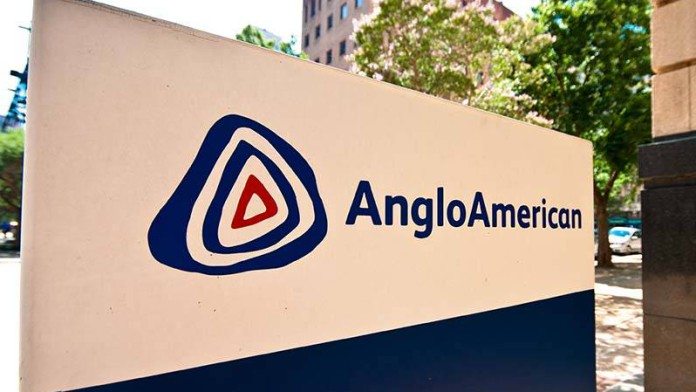
THE first quarter of 2016 is now over and the signs are that Anglo American is moving with greater urgency in respect of plans to restructure the business which it said in February would include $3bn to $4bn in asset disposals in 12 months.
At the time of writing, the company had sold its 70% stake in Foxleigh, a metallurgical mine in Australia, and shares in Callide, another coal mine in Australia. It also used $1.7bn in cash to settle certain bonds that save it some $190m in interest after fees and other expenses.
As a sign of intent, this sales and debt restructuring are promising signs, but the big ‘for-sale’ items are yet to be addressed, principally its niobium and phosphate business which is expected to account for the majority of the divestments this year – $2bn – as well as Anglo American Platinum’s two platinum joint ventures and the Union section, the sale of which has turned rather quiet.
Investec Securities is sceptical, however.
It recognises that in plans to dispose of its bulk mining assets – coal and iron ore – and establishing a business built on the three pillars of copper, platinum and diamonds, the group is positioning itself as a late cycle company.
That means the company will be more geared to consumer demand which is exactly where China’s economy is heading. By 2020, this will make good sense, says Investec.
But the broker is critical that Anglo American has not attempted to distribute assets in the same way that BHP Billiton demerged assets into South32 which subsequently listed in SA and Australia. The benefit of this is to provide shareholders with optionality to share in the restructuring, or not.
Investec also thinks that Anglo is removing future optionality by removing some $2bn in pretax contributions by 2020. Taking out future earnings in order to reduce present debt is a neutral strategy, and not a strategy at all as it is born of expedience, the bank says.
Says Investec: “A consequence of the disposal strategy is that it undermines the optionality of the diversified business, effecting forcing shareholders into a less diversified model. If a spin out had been achieveable – like BHP’s South32 – shareholders could have elected to stay or exit”. It has recommended investors exit their positions in Anglo.










